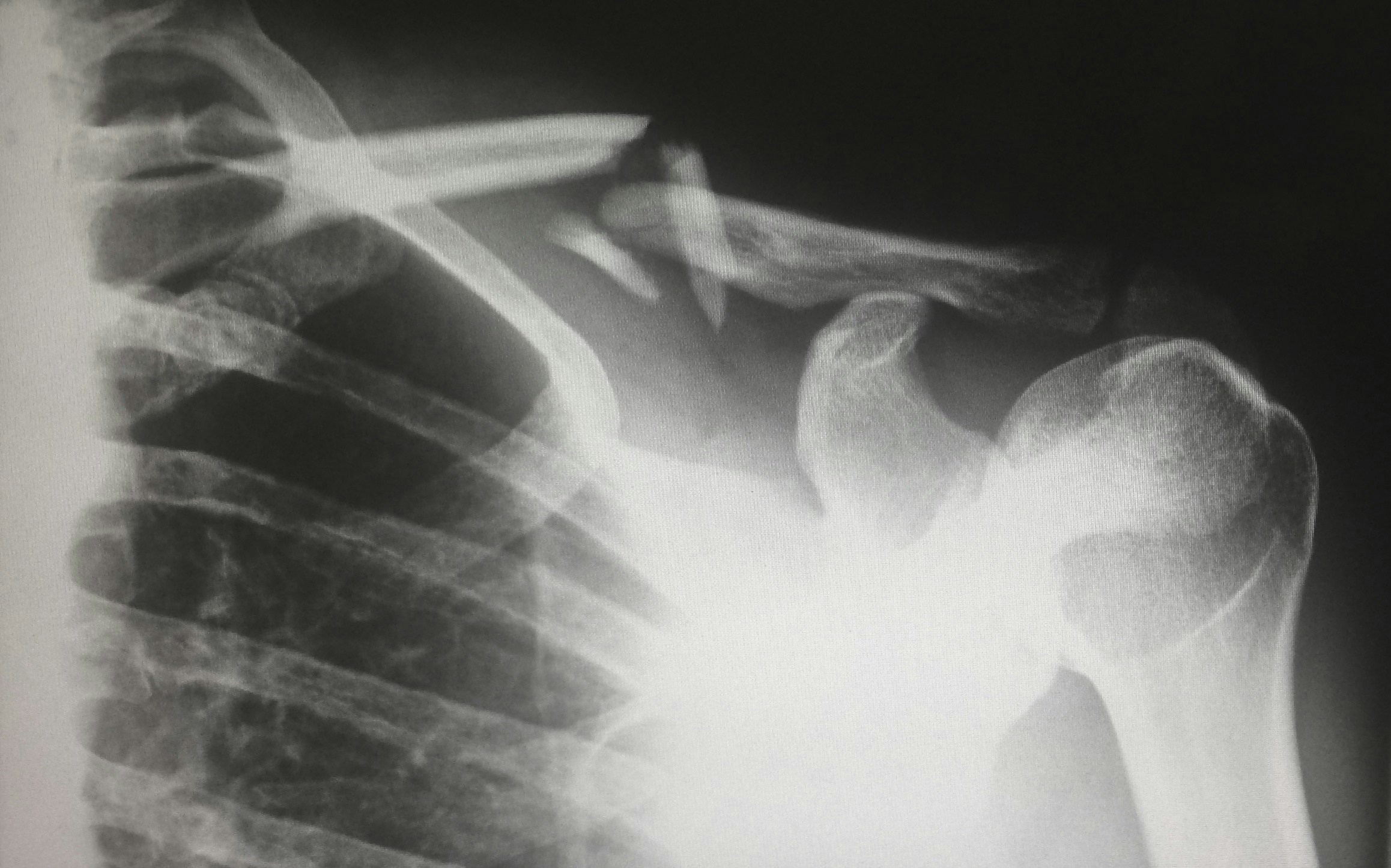It’s an unfortunate fact that any person is at risk of a personal injury at practically any time. Some of the most common causes are slips, falls, car accidents, sports injuries, defective products, and malfunctioning equipment. Particularly for workers with physically demanding jobs or who work in dangerous conditions, the risk of injuries small or severe is ever-present. Workers in the U.S. no doubt like to believe they’re protected under workers’ compensation, and they are ideally. Insurance companies don’t make money by actually paying out claims, however, so sometimes injured workers have a tougher time than they should when pursuing what they’re owed.
How do workers’ compensation claims work?

The U.S. Department of Labor’s workers’ compensation programs is meant to protect the rights of injured workers and workers who have developed occupation-related illnesses by providing benefits to the workers and their dependents. There are four basic types of programs meant to help workers who suffer injuries or other disabilities on the job.
- Wage Replacement – This covers the pay the worker would have received if they had been able to continue working following an injury or illness that has left them incapacitated.
- Medical Treatment – This covers the costs of any medical bills directly related to a workplace injury or illness.
- Vocational rehabilitation – These programs help workers get back on the job if they’ve suffered a disability or are otherwise unable to return in their original capacity.
- Other Benefits – In some cases, workers or their dependents may be entitled to benefits not usually covered.
The process of filing a workers’ compensation claim can vary a bit state by state, but the basic steps typically go like this. You must inform your employer of your injury, either verbally or in writing, as soon as possible. You’ll also need to see a doctor as soon as possible and describe the injury in as much detail as possible. You’ll need to closely follow all doctor’s orders afterward, and then you can begin completing the necessary paperwork at your workplace. You may have a time limit, such as 30 days after the accident, so file, so make sure you complete the process as soon as you can.
Ideally, you should soon receive a response as well as your workers’ compensation benefits. It’s possible, though, that your claim may be disputed or outright denied. If you believe this has been done unfairly, you’ll need to fight for your rights. Here are some of the most important things you need to do to prepare for a claim.
Keep track of all medical records.

Going to a doctor immediately after a work injury is for more than your own safety and recovery. It also gives your permanent records of the injury and the description of the events as soon as possible. This makes it much more difficult for your employer’s insurance company to dispute the source of your work-related injury. It’s impossible to overstate how important the role of medical records is in both treatments and in protecting your rights and your doctor’s rights.
Workplace injuries can be quite serious and may involve broken bones, torn muscles, or even permanent injuries like brain conditions. Falls or incidents with machinery can easily lead to head injuries, or being exposed to harmful substances on the job can even lead to things like brain tumors and lung tumors. Properly recording injuries right away help your doctor come up with the best treatment plan immediately and makes your word as credible as possible.
You’ll need to keep up with your initial medical records as well as any additional ones that track your progress or the severity of the injury. This will be important in case you have a workers’ compensation case later down the line. The pace of your recovery can play a role in determining how much compensation you’re owed, and having a record of all follow-up appointments demonstrates that you’ve done everything in your power to mitigate the injury.
Keep any evidence you can find.

Workplaces are generally recorded by surveillance cameras, so there’s a good chance that there’s actually video evidence of your injury. This will no doubt be looked over by the insurance company your claim is filed with, but you’ll likely not be able to pull the video yourself without the help of an attorney. Before resorting to that, simply keep track of any evidence you can find before making your initial claim.
It may be that a witness has recorded evidence of the event that could prove useful. It doesn’t have to be video—even photographic evidence can help out your claim. If you don’t have photos of the accident itself, you can at least return to the location and take photos of exactly where it happened. This can still provide greater context to the situation and perhaps help prevent similar accidents from occurring in the future.
If you need additional storage space to hold evidence, consider the best photo storage solution for your home. This cloud storage for your videos and photos gives you 1TB, or more, of home storage, and you can transfer anything from your smartphone or hard drive in its original quality. You’ll have total control over who you share photos with, and there’s space for over 250,000 photos or 100+ hours of video, making this one of the best ways to ensure you keep your photos forever.
Speak with a lawyer.

It probably won’t be necessary to seek legal advice before filing your initial claim, unless you really want to make sure everything is as perfect as possible, but it’s definitely worthwhile to reach out to a professional like this workers compensation lawyer in Chicago if your claim is disputed or denied. Personal injury attorneys are used to dealing with insurance companies and have years of experience helping accident victims and others will all types of injuries get the compensation they deserve.
With an excellent understanding of workers’ compensation law, personal injury lawyers can help prevent workers’ compensation insurers from using loopholes to deny your benefits, and they can help you refile your compensable claim. If needed, workers’ compensation lawyers experienced in taking insurance companies to court in personal injury lawsuits.
You’ll certainly want to bring in all records and evidence you have when you meet an attorney for your free consultation. Injury lawyers typically work on a contingency fee basis, meaning you’ll only pay your attorney a percentage of the payout if you win your injury case. This is great news for you if the compensation lawyers take your case and file a lawsuit, but you’ll have to present a strong case for yourself to convince them to take the risk. It’s best to also bring a copy of the written notice you gave your employer as well as some pay stubs, so the attorney can estimate what you’ll likely stand to gain from a successful suit.
Don’t make the mistake of thinking your work is done once you’ve hired a lawyer. You’ll still need to update your lawyer on any progress with your injury or any events that seem relevant to your case. If someone from your employer’s insurance company or another outside source tries to contact you about the case, for example, they should immediately be referred to your lawyer so they can handle the situation.
Getting your workers’ compensation benefits isn’t always as simple as it should be, but with the right preparation and a legal expert on your side when needed, you’ll dramatically improve your chances at a successful outcome.





